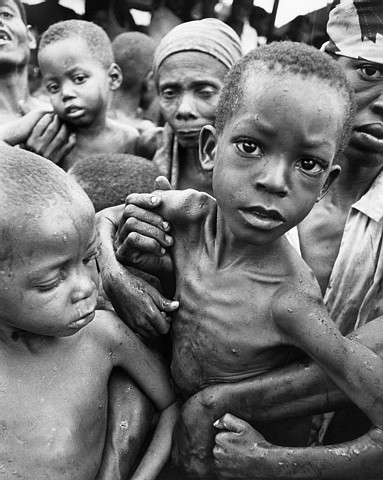Speaking with a media representative on-line from Washington DC, on the sidelines of the World Bank/IMF annual meeting, Akpan Ekpo, a Professor of Economics and the current Director General, West African Institute for Financial and Economic Management, said: “The 2013 appropriation bill is not pro-poor. It should have been useful to state the items or provide specifics on how the budget can help the poor, especially to curtail the rising poverty rate in the country.
“Another disturbing trend is that, according to the Medium-Term Expenditure Framework (MTEF) MTEF & FSP in 2013, the contribution of the manufacturing sector to Gross Domestic Product (GDP) will be 3.3 per cent. It will increase to 4.6 per cent in 2015 while building and construction will contribute 1.3 per cent and 1.8 per cent to GDP by 2013 and 2015.
“The figures are not encouraging if Nigeria’s economy is to experience structural transformation to achieve the Vision 2020 target.
“The growth rate currently does not connote economic development, given the high rates of unemployment and 70 per cent incidence of poverty in Nigeria. So, government should make concerted effort to accelerate tangible growth in the economy.
“Government should invest massively in the housing sub-sector and agriculture to ensure relative full employment, especially for the youths.
“Also, the Coordinating Minister for the Economy and the Minister of Finance, Dr. Ngozi Okonjo-Iweala, in a meeting with the Bank, confirmed that, a World Bank team will visit Nigeria to deepen assistance in the areas of energy and infrastructure, among others. This is a welcome development because once we fix the energy and infrastructure challenges, the Nigerian economy will grow and generate employment.
“It should be important to properly engage the Bank, so that its intervention results in a win-win situation to ensure economic benefits for Nigeria. The Coordinating Minister briefed Nigerians working in the Bretton Woods institution on developments in the Nigerian economy.”
Giving statistics on the growth rate in the economy, Ekpo, who was also ex-chairman, Ministerial Advisory Committee, Federal Ministry of Finance and member of the Monetary Policy Committee, Central Bank of Nigeria (CBN), explained, “The current rate of unemployment in Nigeria stands at 23.9 per cent. This implies that Nigerians over the ages of 17 willing and able to work are not employed. It is even higher among youths because the rate is estimated at about 60 per cent.
“Now, the question is, Why is our economy growing at seven per cent without creating jobs? It means, what we are experiencing now is a jobless growth in terms of impact in the labour market. It is very sad because unemployment has spread even to the rural areas across the country.
“The reality is that unemployment in Nigeria has reached a crisis situation. In 2004, the official rate of unemployment was 13.4 per cent. In 2006, it rose to 14.6 per cent and 21 per cent in 2010/2011. These figures are for the national level.
“If you look at the state level, almost all the states in Nigeria suffer high level of unemployment. For instance, in 2009, the following states recorded high composite unemployment rate, Bayelsa 38.4 percent, Katsina 37.3 per cent, Bauchi 37.2 per cent, Akwa Ibom 34.1 per cent, Gombe 32.1 per cent, Adamawa 29.4 per cent, Kano 27.6 per cent, Yobe 27.3, Taraba 26.8 per cent, Jigawa 27.5 per cent, Federal Capital Territory 21.5 percent and Imo 20.8 per cent. No state in Nigeria has 5 per cent and below unemployment rate, which is the bench mark of relative full employment in the economy.
“Nigeria must, as a matter of urgency, build a solid and dynamic economy in order to fully optimise the benefits of globalisation and reposition itself strategically to avert any unforeseen global economic crisis in the future. China, for example, has built a strong economy with a manufacturing sector that is very active, and has become a reference point.
“Nigeria should also reposition its economy to attract Direct Foreign Investments (DFIs) and generate more revenue, rather than depending only on revenue from oil, where we do not control the market price and demand.
“The apex bank is doing a lot in the areas of infrastructure and power, but CBN should also ensure that high lending rate is reduced to enhance optimum growth in the industrial sector. In doing so, human capital development must be of paramount concern while attention must also be given to the development of Small and Medium Enterprises (SMEs), to enhance rapid economic growth and development.”
Nigeria’s population in poverty
1980: 17.1 million
1985: 34.7 million
1992: 39.2 million
1996: 67.1 million
2004: 68.7 million
2010: 112.47 million
Source: National Bureau of Statistics (NBS)

